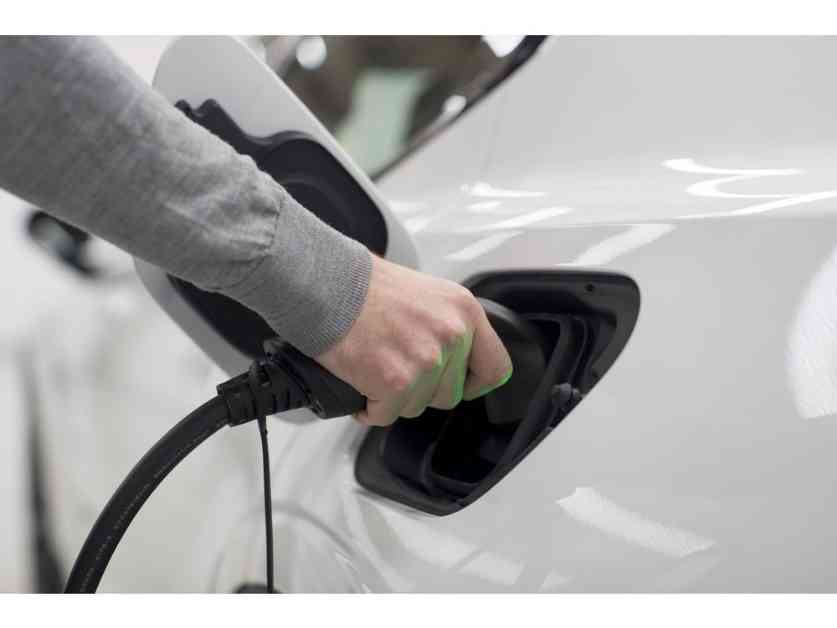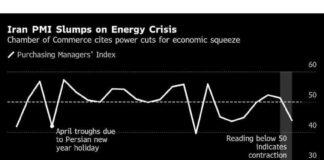The US Commerce Department is gearing up to impose anti-subsidy duties on imports of crucial battery components from China. They’ve concluded that these materials have been unfairly subsidized, setting the stage for potential tariffs. The materials in question include active anode material, such as graphite and silicon, which are essential for electric vehicle batteries. US graphite producers have raised concerns about China’s state subsidies artificially lowering prices and creating unfair competition. This move could impact the cost of US-made electric vehicles, especially as consumer credits on these vehicles face elimination under a Republican tax plan.
The preliminary determination by the Commerce Department marks an early development in the trade case focusing on battery materials. US producers are looking into whether Chinese subsidies are distorting the market and hindering their ability to compete. The investigation is ongoing, with final decisions expected later this year. This case is distinct from other trade actions taken by the Trump administration, including widespread tariffs on various goods. Chinese companies were found to benefit from subsidies as high as 721%, raising concerns about the fairness of global trade practices in the battery materials sector. China’s dominance in graphite production poses challenges for US battery manufacturers who heavily rely on imports from the country.
Not really sure why this matters, but it seems like the Commerce Department is cracking down on Chinese subsidies in the battery materials sector. Chinese companies like Huzhou Kaijin New Energy Technology Corp. and Panasonic Global Procurement China Co. are under scrutiny for benefiting from hefty subsidies. This could have significant implications for the US energy transition and the future of electric vehicles. With over half of the US’s graphite demand being met by Chinese imports, the outcome of these trade investigations could reshape the dynamics of the battery materials market. Let’s see how this unfolds in the coming months.
Maybe it’s just me, but it feels like the US Commerce Department is really shaking things up with these potential anti-subsidy duties on Chinese battery materials. The impact on the electric vehicle industry and US-China trade relations could be substantial. As the investigation progresses, it will be interesting to see how Chinese producers and exporters respond to these allegations of unfair subsidies. The outcome of this case could have far-reaching consequences for the global supply chain of battery materials and the future of sustainable transportation. Stay tuned for more updates on this developing trade dispute.






















